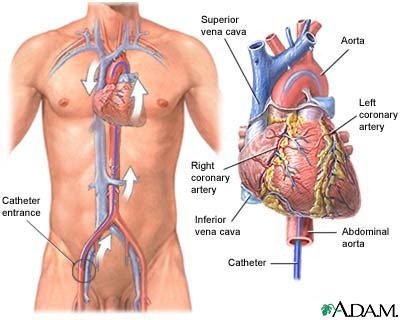Risk Factors for Heart Disease
One of the best ways for you to ensure that you aren’t going to suffer from heart disease or heart attacks is to understand some of the risk factors for heart disease. There are many risk factors that you do not have any control over such your family history and age. But there are certain factors that you have full control of in order to prevent heart problems or a heart attack.
• Genetic or Family History
If you have a family history of people with heart disease, this can increase your chances of developing a similar type of condition. With the combination of heredity and unhealthy life choices such as eating unhealthy foods and smoking, the risk of heart disease can increase even more.
After menopause, some women are more likely to develop heart problems.
Hence, to reduce the risk of heart disease, they need to vary their diet accordingly.
• Obesity and its Effects
Obesity is a growing global health problem. Someone who is obese has four times the likelihood of developing heart diseases.

Obesity is now recognized as an inflammatory disease; it is often thought to be a symptom or indication of other conditions a person may have.
Different studies have confirmed that obesity is a major contributor to causing heart disease and heart attacks.
• Poor Diet, The wrong foods, Clogged Heart Vessels - Strokes
There is absolutely no doubt that having a poor diet or a diet that is deficient in many vital nutrients is a leading contributor to the extremely high incidences of heart disease that have become a reality for many people today.
Our foods have been stripped of a significant portion of their natural goodness by processing and the synthetic methods used to grow them.
• Smoking
Everyone is aware that smoking is likely to damage your lungs, but many do not seem to realize that it is also a major risk factor for heart disease. In fact about one in every five people who die from a heart attack because of smoking. If you smoke, you are at least four times more likely to get heart disease than non- smokers. And the risks are even higher for women who take birth control pills.
Secondhand smoke exposure is also a risk factor for having a heart attack.
As a result, the amount of oxygen your lungs can send to your heart will be significantly reduced. It also leads to high blood pressure and increased heart rate due to the compensation mechanism that your body triggered when it’s deprived of oxygen.
• Drinking
Consuming a small amount of alcohol can benefit our health.
However, doctors will never advise heart patients to drink alcohol in any case.
You can only reap the benefits by drinking a small amount, any more than that the recommended volume is detrimental.
So how does alcohol helps in preventing heart diseases?
• High Cholesterol
Cholesterol has been blamed for heart disease for many years, but it is now known that cholesterol is in fact healthy. In fact, it’s one of the most important substances the body produces.
Our body can produce cholesterol on its own. However, the problem arises when we consume too much ‘bad’ cholesterol, also known as LDL or low-density lipoproteins.
LDL helps to carry cholesterol around our body to the areasthat need it.
• Diabetes
People with diabetes tend to have a high blood glucose level, which can damage your blood vessels and the nerves that control the blood vessels in your heart in the long-term.
As with all heart conditions, if you take the proper steps to manage your diabetes, your risk factors will be substantially reduced.
• Physical Activity
Doing very little or no physical activity is a major cause of heart disease and heart attacks. This is because they cannot burn up the excess calories, which results in fat tissues formation. The body is designed to perform a certain amount of activity daily to keep it supple, healthy and function properly.